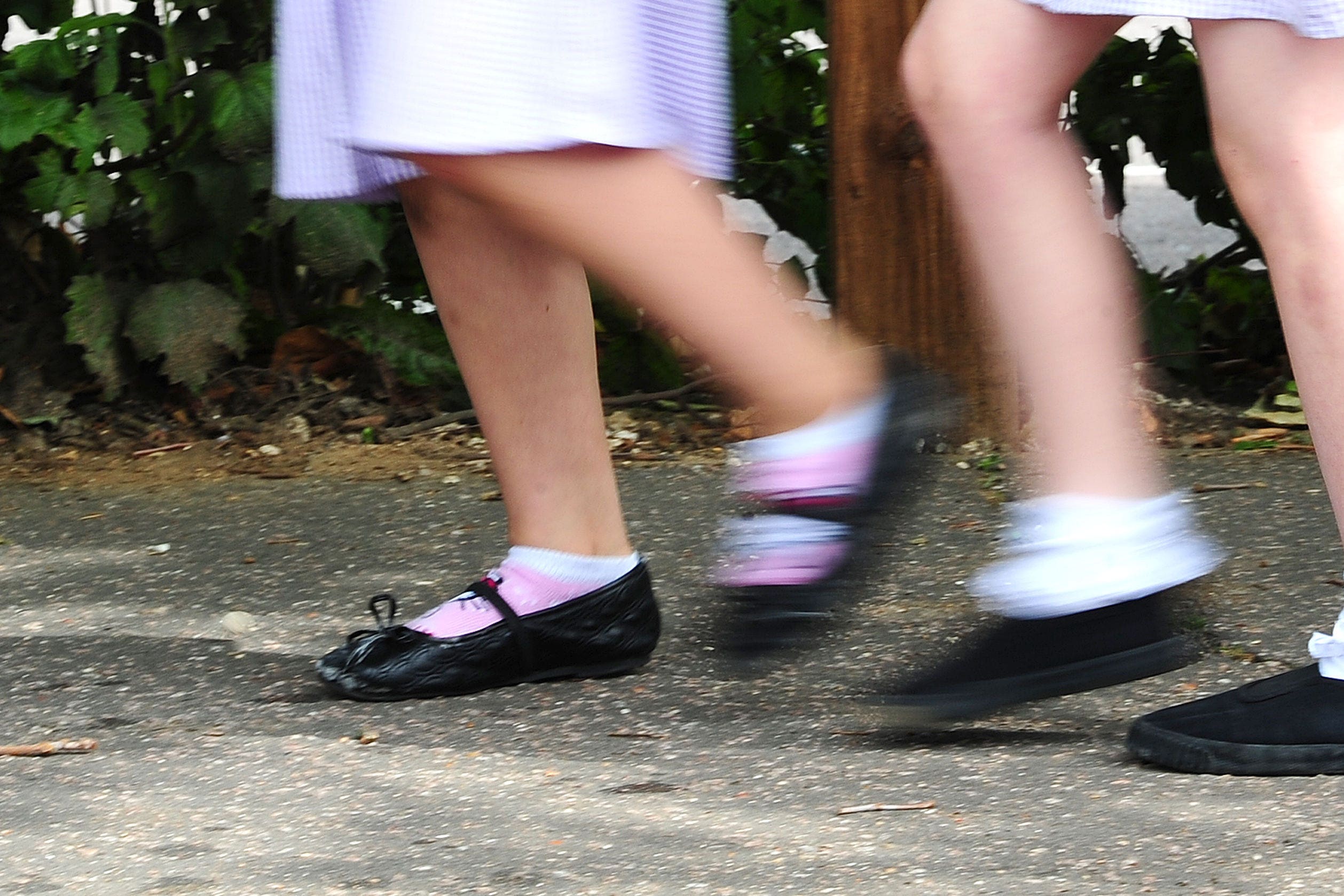Polio vaccine catch-up campaign for primary school children in London
Health officials say vaccine rates in some London boroughs is still too low.

Children aged one to 11 in London will be offered polio vaccines as part of a catch-up campaign.
Health officials warned last year that there had been “some transmission” of the virus in the capital after detecting poliovirus in sewage samples.
The UK Health Security Agency (UKHSA) said on Thursday there has been fewer poliovirus detections in London which suggests reduced community transmission but added that vaccine rates in some London boroughs is still too low.
Polio, which was officially eradicated in the UK in 2003, can cause paralysis in rare cases and can be life-threatening.
Only by improving vaccination coverage across all communities can we ensure resilience against future disease threats
The World Health Organisation requires evidence of 12 months of zero detections before the UK is no longer considered to be a polio “infected” country.
The UKHSA said 87.6% of children in London are receiving all their polio vaccinations by the time they turn one, compared to 92.1% in England as a whole.
Uptake for the pre-school booster for children aged five is even lower at 69.9% in London compared to 83.4% in England.
The NHS in London will therefore deliver a catch-up campaign, offering polio jabs and other routine childhood vaccines such as measles, mumps and rubella (MMR) to unvaccinated or partially vaccinated children aged one to 11 during the summer term.
Children will receive vaccines through a combination of primary school and community clinics, with a particular focus on supporting communities with the lowest levels of vaccine uptake, the UKHSA said.
Dr Vanessa Saliba, consultant epidemiologist at the UKHSA said: “While there are early signs of reduced spread of the poliovirus in London, we need to continue to improve uptake of childhood vaccines in all communities.
“Until we reach every last child, we cannot be sure that we will not see a case of paralysis.
“Even a single case of paralysis from polio would be a tragedy as it is completely preventable.
“Only by improving vaccination coverage across all communities can we ensure resilience against future disease threats.”
The UKHSA said a total of 135 poliovirus type 2 isolates have been identified in 30 sewage samples collected in London between February 8 and November 8 last year.
While the sewage surveillance was expanded to cover the whole of London, to date the virus has mainly been detected in samples from North and East London.
In September, sewage surveillance was rolled out to 18 areas outside the capital on a precautionary basis to determine whether the virus had spread further.
To date, the poliovirus found in London has not been detected at any of these sites.
The UKHSA said no paralytic polio cases have been reported in patients in England, but added that there is still a risk that the VDPV2 could cause paralysis in an unvaccinated individual.
Bookmark popover
Removed from bookmarks